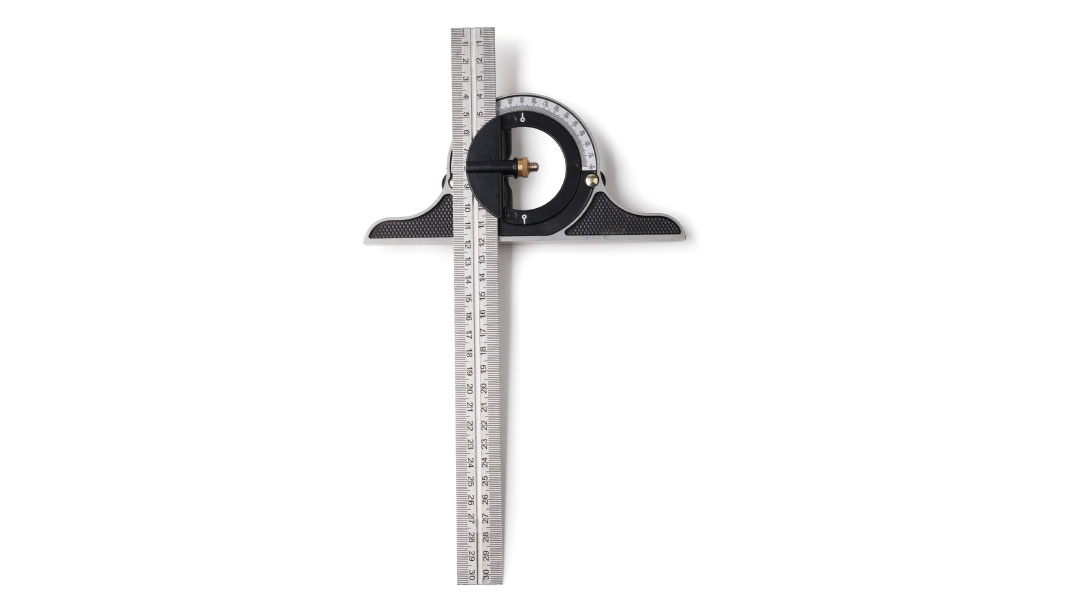This Isn’t the THERAPY GENERATION of 2010


W

Over the years, I’ve written countless stories in which the protagonist was helped — sometimes dramatically — by a caring and competent therapist. Yet at the same time, I’ve noticed a worrisome trend. Many (perhaps most) of the people I spoke to who had positive experiences in therapy had previously endured negative experiences with therapists who were at best ineffective, at worst highly damaging. Worse, some of the people who submitted their stories to me never did find the “right” therapist, and they told hair-raising tales of how their lives and marriages had seriously deteriorated as a result of bad therapy. Most painful of all were the stories of people who had unnecessarily divorced or become estranged from their family members because a therapist had “empowered” them. Some of these “empowered” individuals later had massive regrets.
Many of these stories never found their way to print, as my goal is to present stories that are uplifting and have a positive message, even if they involve pain. And I am certainly not looking to deter people from seeking appropriate mental health intervention when necessary.
Therapy can be life-saving, life-changing, and life-giving. But precisely because it is such a powerful tool, it can also be disastrous. Like a surgeon’s knife, it can cut through scar tissue, repair gaping wounds, and heal hearts that are badly broken. But if the knife slips, or is wielded by less-than-expert hands, the results can be catastrophic.
Therapy is surgery for the heart. And heart surgery is not something you do unless it’s truly necessary. Before going under a cardiac surgeon’s knife, you make sure that the surgeon has a lot of experience — and a high success rate — dealing with your particular issue. You want to know that after cutting open your flesh, the surgeon is going to carefully put you back together and stitch up the holes neatly, bringing you to improved health. When you sign the consent form that lists the risks of surgery, you do so with the belief that the potential benefits outweigh those risks. You certainly don’t just shrug your shoulders and say, “Hey, it can’t hurt.”
Therapy can hurt. In fact, effective therapy almost has to hurt, because the process of bringing up buried wounds and traumas is by definition painful, sometimes wrenching. What differentiates good therapy from bad therapy is that in good therapy the pain and anger are ultimately justified, because they help you come to a place of understanding, growth, and healing. In bad therapy, the unleashed negative feelings fester, wreaking havoc in your life and the lives of those around you. It might feel great to have your pain and anger validated by your therapist, but what comes next? Blame, victimization, and self-absorption; or compassion, forgiveness, and greater connection?
Because of the shame and stigma inherent in many of the reasons people seek therapy, those who have been hurt in mental health operating theaters often cannot speak up publicly or sue their practitioners for malpractice — or even demand a refund of the huge sums of money they’ve typically spent. But in the relative safety and anonymity of LifeLines, these stories are being told. I hear them again and again.
I would like to humbly suggest that we, as a community, begin to demand more transparency, accountability, and oversight in the field of mental health. Perhaps, within the parameters of shemiras halashon, we can find a way for people to access reviews of specific therapists before entering treatment (in addition to, and not as a replacement for, the excellent work done by referral organizations).
But more importantly, we need to realize that, like every intervention, therapy has risks. Weigh the risks carefully, and daven your heart out to the true Healer to guide you to the right shaliach. Then, if you really need it, go get help.
(Originally featured in Mishpacha, Issue 790)
Oops! We could not locate your form.












